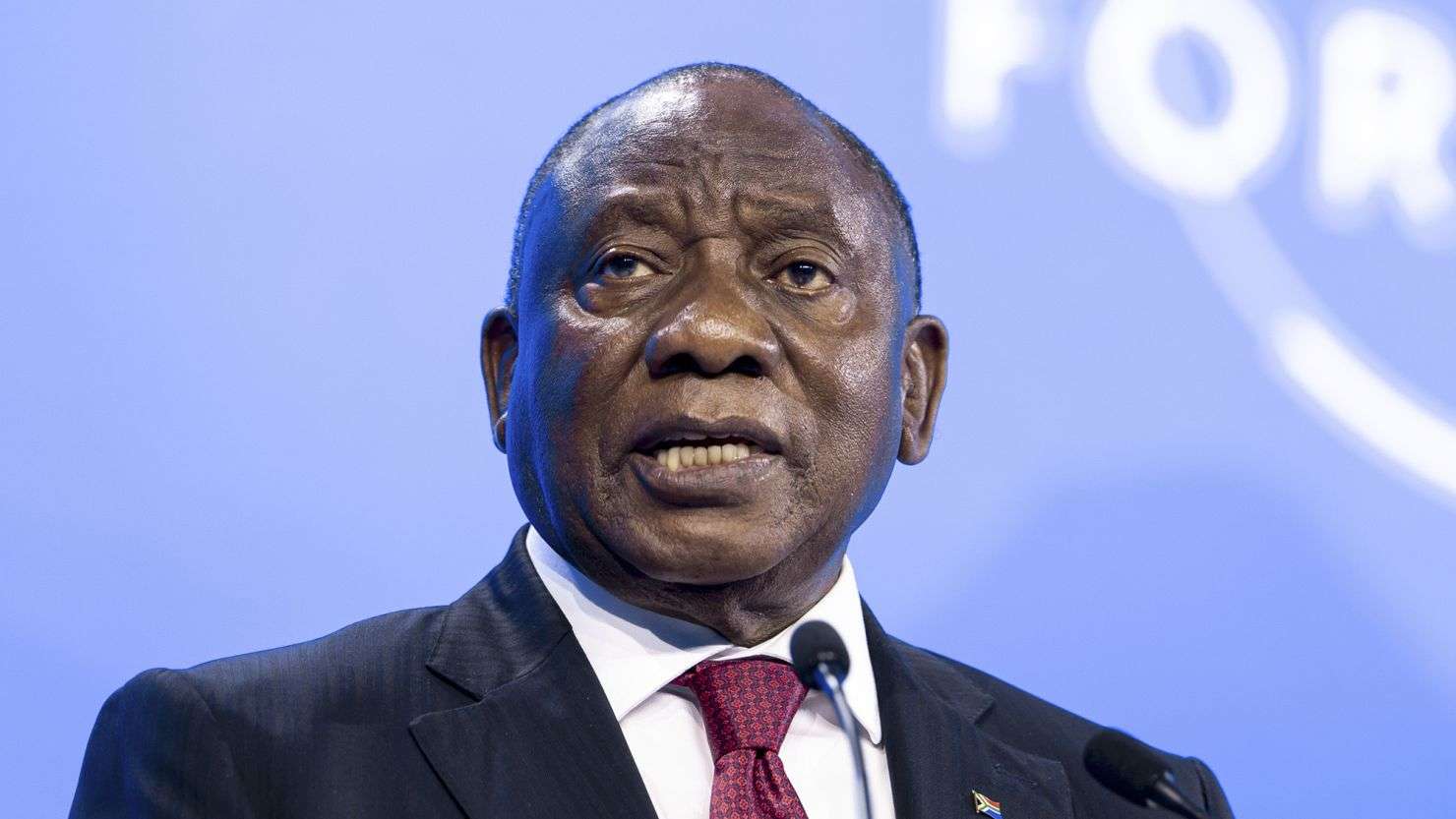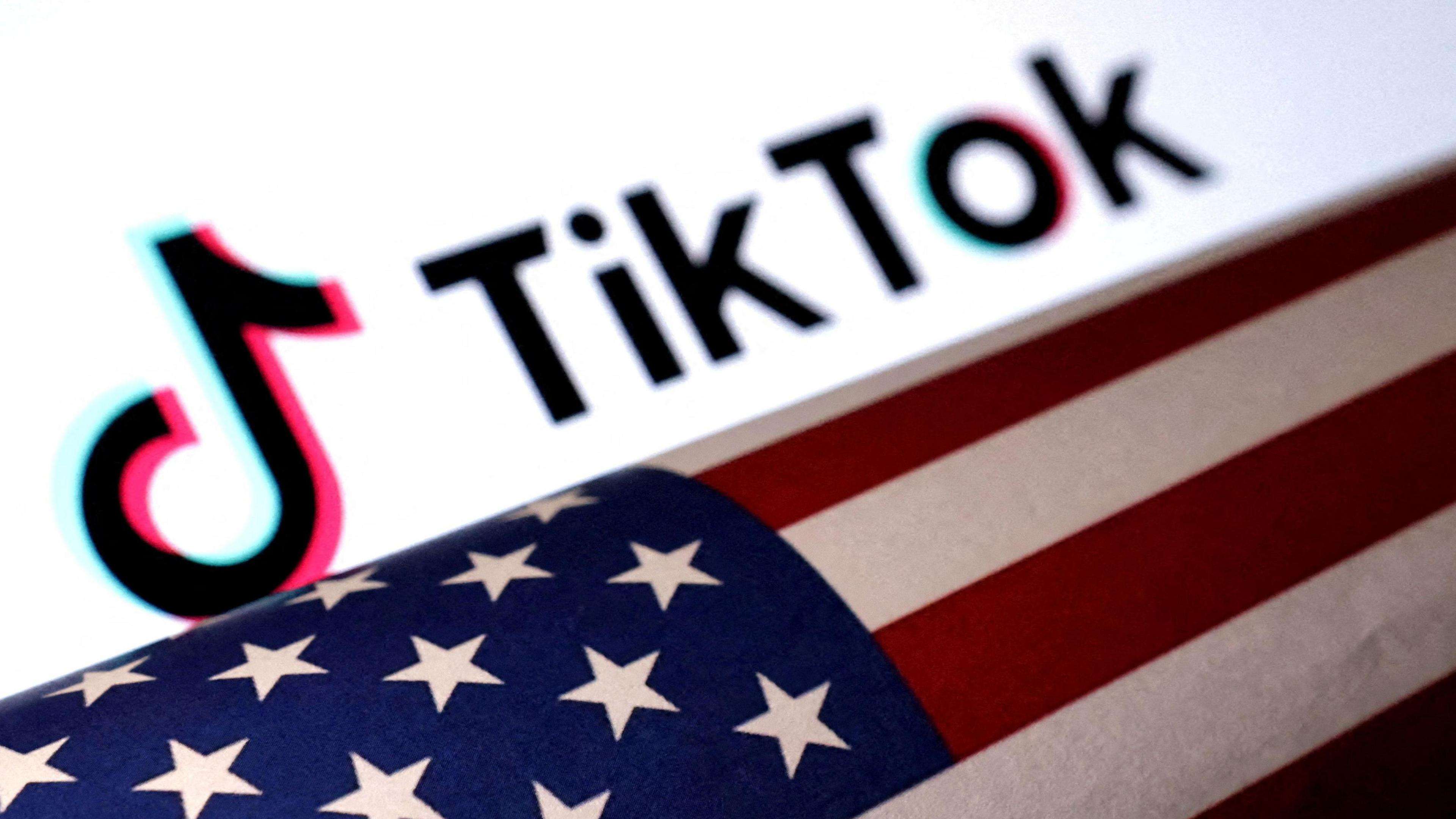South Africa’s ongoing debate around land expropriation without compensation has sparked a global conversation, with notable figures like Elon Musk weighing in. The proposed Expropriation Act, recently adopted by the South African government, aims to address historical land inequalities by providing a legal framework for expropriating land for public use. The goal is to correct the legacy of apartheid, where land ownership was skewed in favor of a minority, depriving the majority Black population of their rights to own land.
However, this move has raised concerns among conservatives, including Elon Musk, the billionaire entrepreneur and advisor to former U.S. President Donald Trump. Musk, born in South Africa, recently criticized the government’s land reform policies, accusing them of creating inequality and unfairly treating certain classes of people. He went as far as suggesting that the South African government could be undermining property rights, which he described as “confiscation.” Musk’s comments were met with strong reactions, especially as they were tied to a threat of reducing financial aid to South Africa.
The South African government, however, has firmly rejected these claims, insisting that the Expropriation Act is not about arbitrary land confiscation but about ensuring equitable access to land, as outlined in the country’s constitution. According to President Cyril Ramaphosa, the law does not grant authorities the power to seize land without first attempting to negotiate with landowners. The process of expropriation, he said, is a legal, constitutionally guided mechanism designed to correct the injustices of the past in a fair and just manner.
Ramaphosa responded to Musk’s comments by clarifying that the country has not confiscated any land, emphasizing that such expropriation is part of a broader land reform strategy. He also reaffirmed the South African government’s commitment to engaging with international partners, including the U.S., to reach a better understanding of the land issue. Furthermore, the South African government downplayed the significance of U.S. financial aid, stating that the PEPFAR initiative, which makes up just 17% of the country’s HIV/AIDS funding, is the only significant U.S. financial contribution. Despite this, the U.S. remains a crucial political and trade partner for South Africa.
The debate over land reform in South Africa continues to be a polarizing issue, with advocates arguing that it is necessary for redressing deep-rooted historical injustices, while critics like Musk voice concerns over the potential negative impacts on property rights and economic stability. South Africa’s government maintains that its approach is consistent with the nation’s constitutional principles, and hopes that continued dialogue will help bridge the gap in understanding on this sensitive matter.




